- Advertisement -
Cholera continues to spread in Yemen, causing more than 390,000 suspected cases of the disease and more than 1,800 deaths since April 27, 2017.
The World Health Organisation (WHO) and its partners are responding to the cholera outbreak in Yemen, working closely with UNICEF, local health authorities and others to treat the sick and stop the spread of the disease.
Each of these cholera cases is a person with a family, a story, hopes and dreams. In the centres, where patients are treated, local health workers work long hours, often without pay, to fight off death and help their patients make a full recovery.
Here are their stories, courtesy of the WHO.
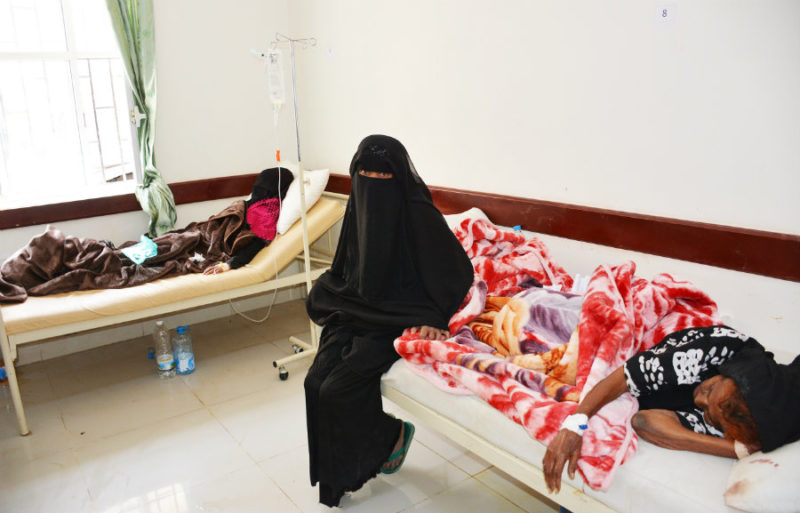
“We have no money even for transportation to the hospital. My husband works as a street cleaner but he hasn’t received a salary for eight months and he is our only breadwinner,” Fatima said. “I’m afraid that the disease will transmit to other family members.”
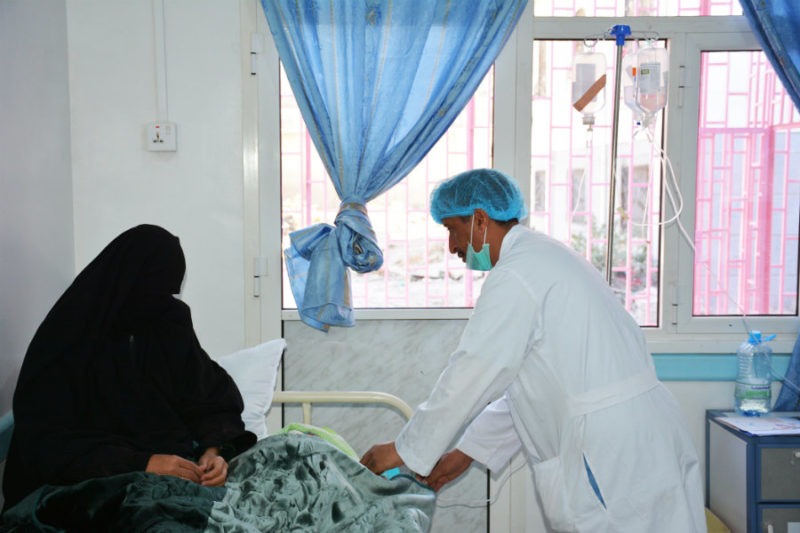
More than 30 000 Yemeni health workers have not been paid in more than 10 months. Yet many, like Dr Al-Almani, continue to treat patients and save lives
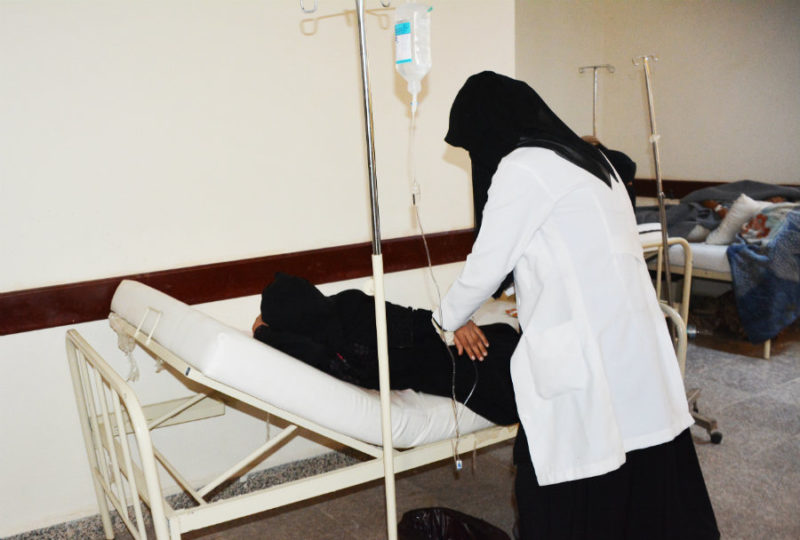
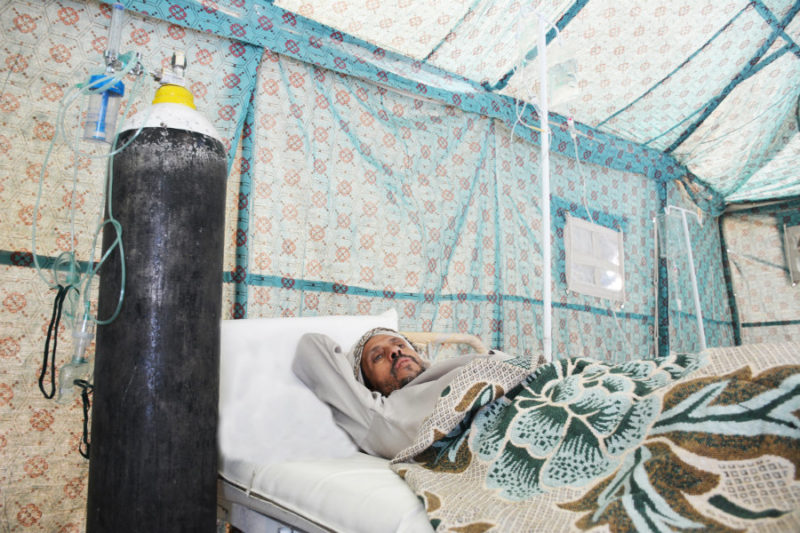
“There is no health centre in our area. We have to spend two to three hours to arrive at a proper health facility in Sana’a,” he said.
To date, WHO, UNICEF, and partners have supported the establishment of 3,000 beds in 187 diarrhoea treatment centres and 834 fully operational oral rehydration therapy corners
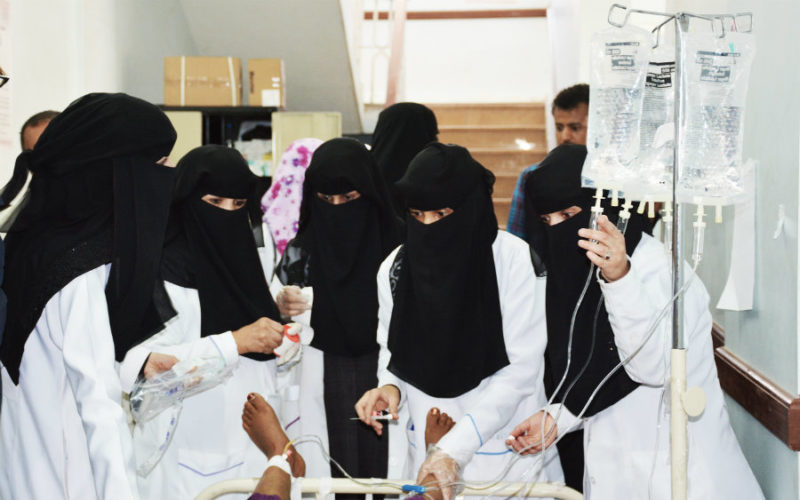
“Every day, we receive severe cases that come with complicated conditions, but we manage to save the lives of most of them. Sometimes, a new severe case arrives while we’re so busy treating another case,” said Nabila Al-Olofi, one of nurses working in the centre.
“Yes, we have no regular salaries as nurses, but saving lives is our biggest gain.”
